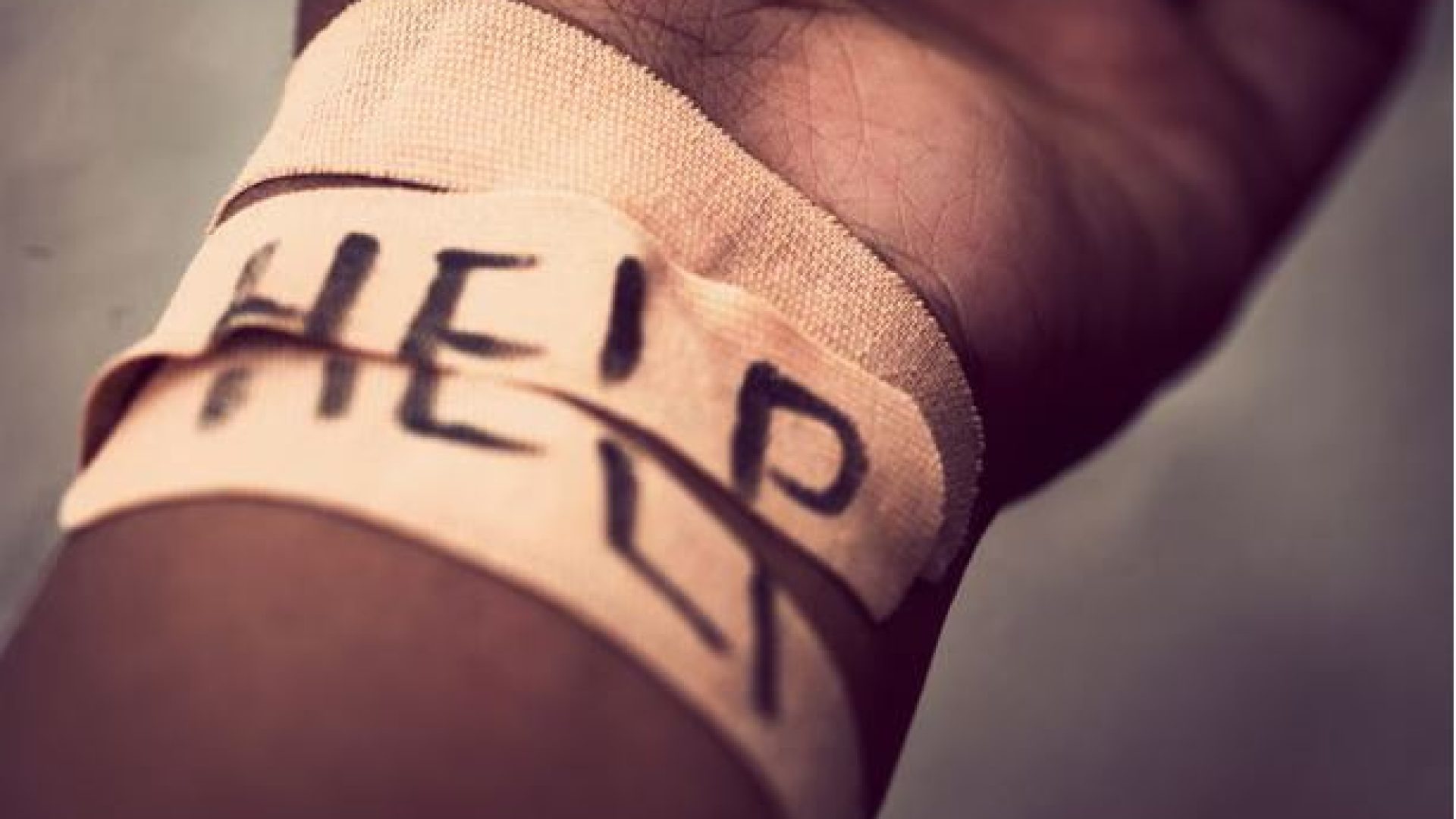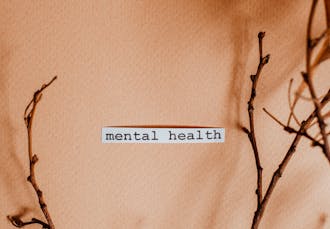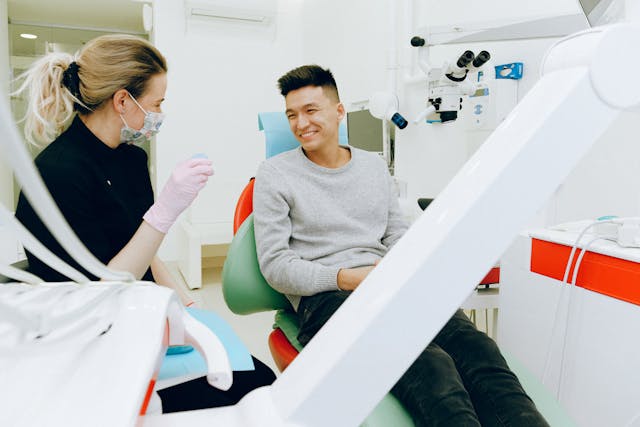Understanding Self-Harm and Its Scars
My beloved readers, if you are here, reading this article, it means you, like me, have endured immense pain in life, and you have tried everything in your power to bear it. When you could no longer carry the load of harshness this world threw at you, and you had no way out, you chose to hurt yourself on purpose. To relieve the pain, to divert your mind onwards to something more painful than your mental wounds.
When I say self-harm, I am referring to the deliberate act of injuring one’s body (cutting, burning, scratching, etc), typically without suicidal intent, as a means to manage emotional pain, in order to release tension or express distress.
And what remains after those episodes, the visible reminders, are the Self-Harm Scars. These scars are more than just physical marks, as they carry the weight of experience, bitter memories, silent battles, unexpressed emotions, identity crises, and sometimes guilt.
From personal experience, I have learned that these scars change our lives in subtle ways that are barely noticeable at times but have a profound impact nonetheless. Let me walk you through the journey of the hidden impacts that these Self-Harm Scars have on the lives of those who deliberately hurt themselves. The kind of impacts nobody writes about on the greeting cards, but endures with soul-wrenching silence.

1. The Unseen Battle with Self-Image
Back in the days, when I was a teenager, certain adverse life events forced me to harm myself, yes! You read that right! And now, when I look at my own Self-Harm Scars, I see more than healed skin. I see a mirror of identity: a “badge” of survival, but along with a question mark: Who am I now? What did these scars turn me into? There is an invisible line between acceptance and avoidance; I spent years crossing back and forth.
These scars can softly whisper: “You were here, my innocent person!
For many of us, it’s not vanity. It’s the constant negotiation between who we were and who we are becoming. Learning to wear short sleeves again isn’t about courage; it’s about rewriting the narrative written on our skin.
2. The Silent Social Anxiety
After deliberate self-harm, casual social settings can feel like emotional minefields. You become acutely aware of every curious glance, every question that might arise: “Oh, what happened to your arm?” or “How did it happen?”.
Sometimes I’d cover up not because I was ashamed of my scars, but because I was tired of giving explanations. The anxiety of being truly seen can linger for years. It’s not paranoia; it’s self-preservation.
With the passage of time, I discovered that people’s curiosity often comes from ignorance, not cruelty. Educating others, gently but confidentially, helped me reclaim that part of my story.
3. The Strain on Relationships
One of the hidden impacts of Self-Harm Scars is how they subtly shape relationships.
Our loved ones are cautious because they are afraid of “triggering” something. Some avoid the topic altogether, while others overcompensate with care.
I have lost friends not because they didn’t care, but because they didn’t know how to care.
Intimacy, too, becomes a delicate dance. When someone’s hand brushes over a scar, it brings both comfort and panic.
Healing means having difficult conversations. It means teaching others that scars don’t define fragility; they define resilience.
For more on how to support someone living with self-harm scars, the National Alliance on Mental Illness (NAMI) provides gentle, evidence-based guidance.
4. The Unexpected Strength in Empathy
What once felt like weakness transformed, slowly, into empathy and kindness.
When I meet someone battling their own invisible pain, I don’t flinch; I recognize them. My Self-Harm Scars became a bridge, not a barrier.
They taught me to sit with discomfort, to listen without rushing to fix, and to believe that pain can coexist with compassion. Sometimes, the most supportive thing we can say is simply, “I’ve been there”.
“Your scars are someone else’s sign that healing is possible.”
5. The Professional Impact
Scars can, unfortunately, intersect with professionalism. Be it job interviews, ward rounds, or even casual office events, I often wondered if someone noticed. What would they think of my mental state or emotional stability? Would they assume I was incompetent? Or would they think that I need help?
There is an unspoken stigma that lingers, especially in professional settings. But as mental health awareness increases, workplaces are learning to replace judgment with understanding and kindness.
Those who are afraid of discrimination, remember: You have all the rights to maintain privacy. If you do not wish to speak about it, you can choose to remain silent. You don’t owe an explanation of your trauma story to everybody. Healing of all sorts is valid, be it in silence or openness.
6. The Emotionally Charged Flashbacks
Healing doesn’t erase memories, even if years have passed by. Sometimes a song, a fragrance, or a dialogue from a movie can drag you back into the dark pit of despair.
It used to scare me-those waves of painful memories, the echo of what once was. But I have learned that a flashback isn’t a relapse; it’s the mind revisiting that old wound to remind you that you survived the trauma and emerged out of it stronger than ever before.
Grounding techniques, journaling, meditation, and mindfulness have been my anchors. The journey is not smooth, but each moment of awareness is proof of growth.
For self-help resources, visit Mind UK’s guide on coping with self-harm.
7. The Gentle Art Of Acceptance
Healing from the Self-Harm Scars is not about erasing the past; it’s about learning to live peacefully with it, without resenting and criticizing yourself. After hurting myself, I used to wish my skin would forget, that I could just wake up one fine morning and see the scars all gone with a clear skin. But now I see it differently.
These marks no longer scream the pain; they whisper strength. They are not flaws; they are evidence that I survived a version of myself that wanted to die once.
The truth is, every scar, visible or not, tells a story of endurance. And if I could go back in time, I wouldn’t erase the scars; I’d only tell my younger self to stay steadfast, and that she will see beauty in the very places she once hid.
My favorite quotation goes something like, “My scars do not define my brokenness; they testify to my survival”.
How To Move Forward? (There Is Always A Ray Of Hope)

Since I have walked this path (and I am still walking), here are a few actionable reflections I have to offer:
- Redefine the meaning of your Self-Harm Scars:
Instead of taking it as a sign of defeat or weakness, consider it a victory and a marker of survival.
- Talk about them when you feel you are mentally prepared:
Like I said earlier, you don’t have to explain to anybody unless you are ready. But when you are, I am sure you will find your true friends and family members by your side.
- Seek professional help:
Self-Harm Scars are as psychological as they are physical. Therapists and Psychiatrists can help you get out of the trauma that led you to do this. Resources like the Cleveland Clinic and Youth Table Talk explain self-harm and highlight risks quite well.
- Find community and social support:
Always remember that you are not alone. There are a lot of other individuals out there fighting battles similar to yours. You never know that strangers with visible scars may become unexpected friends. Young Minds says, “Your scars don’t define you”.
- Work with your body & image:
Work with your body in beautiful ways. Maybe you want to get a tattoo over your scars, get Laser Therapy, or show them off proudly without any hesitation. Your body, your choice!
- Embrace your story:
As time passed by, I realized that the narrative matters a lot. Your body accepts what your brain tells it, and it acts accordingly. Remember: The wounds might be in the past, but the story is ongoing until you die.
Beautiful Words To Carry
Life after Self-Harm Scars is not a linear story. It’s messy, turbulent, and filled with moments of both pride and pain. But there is also a ray of light at the end of a darkness-filled tunnel. There is light in every small act of courage, in every step you take towards healing, and in every morning you choose gentleness over guilt.
If you are living with Self-Harm Scars, just know this:
You are not your wounds.
You are the one who healed them.
And that makes you radiant in ways untouched skin could never be.
FAQs
1. Can Self-Harm Scars ever fully disappear?
Some scars may fade over time, especially if treatment like Laser Therapy or Silicon Gels is taken immediately. However, they remain faintly visible, but remember their visibility doesn’t define your worth or recovery.
2. Is it okay to feel anxious or guilty about the old Self-Harm Scars?
Yes, but guilt or anxiety is not permanent. It’s a social echo, not a truth. Acceptance comes with reframing scars as a proof of survival rather than failure.
3. Can I talk to a therapist about my Self-Harm Scars without the fear of judgment?
Of course, you can. Many mental health experts specialize in trauma and self-harm recovery. Speaking about your scars can help you process the emotions that led you to hurt yourself in the first place.
Ammad Hafeez Qureshi, a MBA finance with over 10 years of content writing experience, has worked with various firms.
Ammad Qureshi is a passionate writer who uses Youth Table Talk to support the next generation’s success in personal and professional lives, addressing common financial and Mental Health issues.
- Ammad Qureshihttps://www.youthtabletalk.com/author/ammad/
- Ammad Qureshihttps://www.youthtabletalk.com/author/ammad/
- Ammad Qureshihttps://www.youthtabletalk.com/author/ammad/
- Ammad Qureshihttps://www.youthtabletalk.com/author/ammad/






